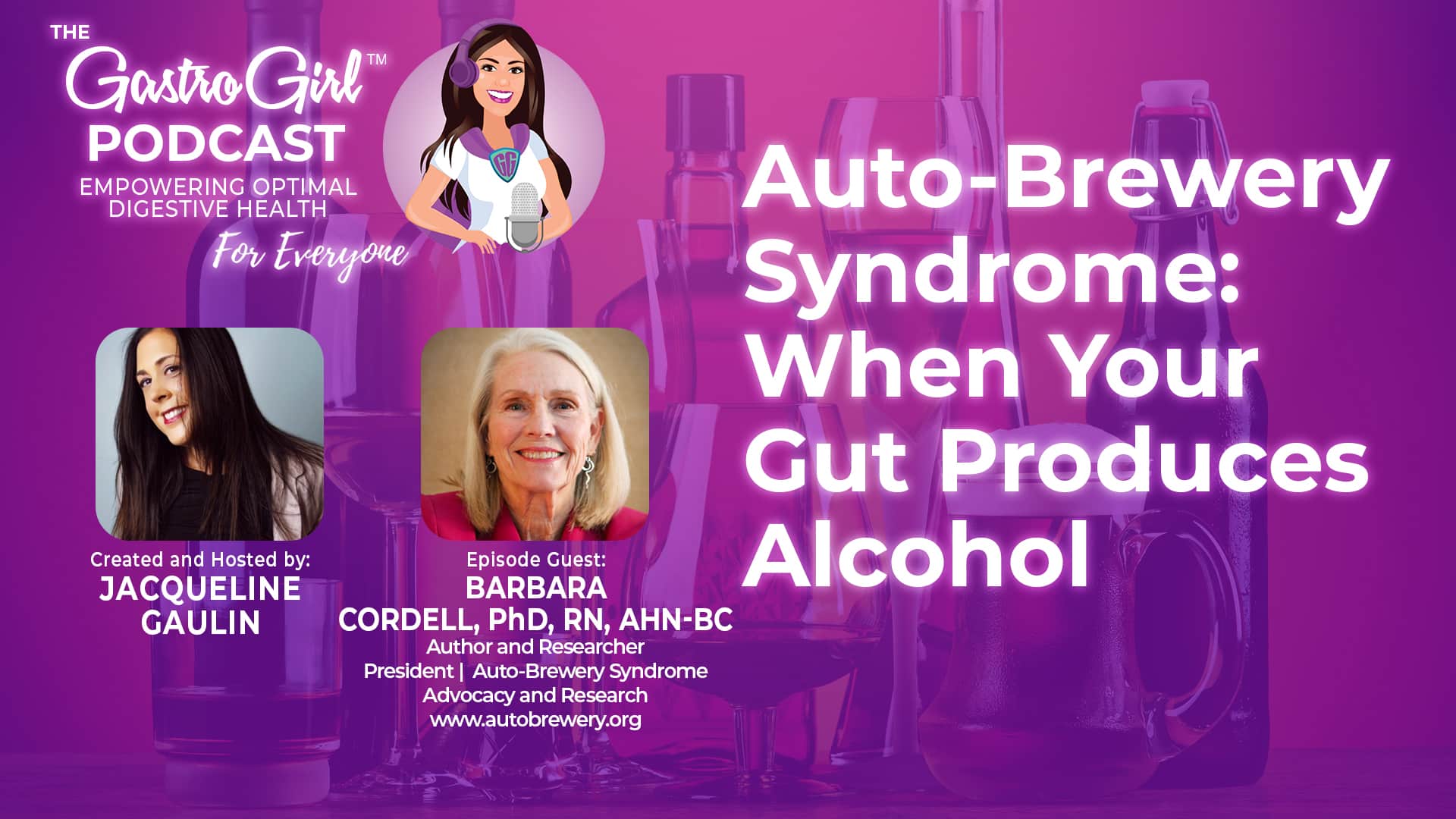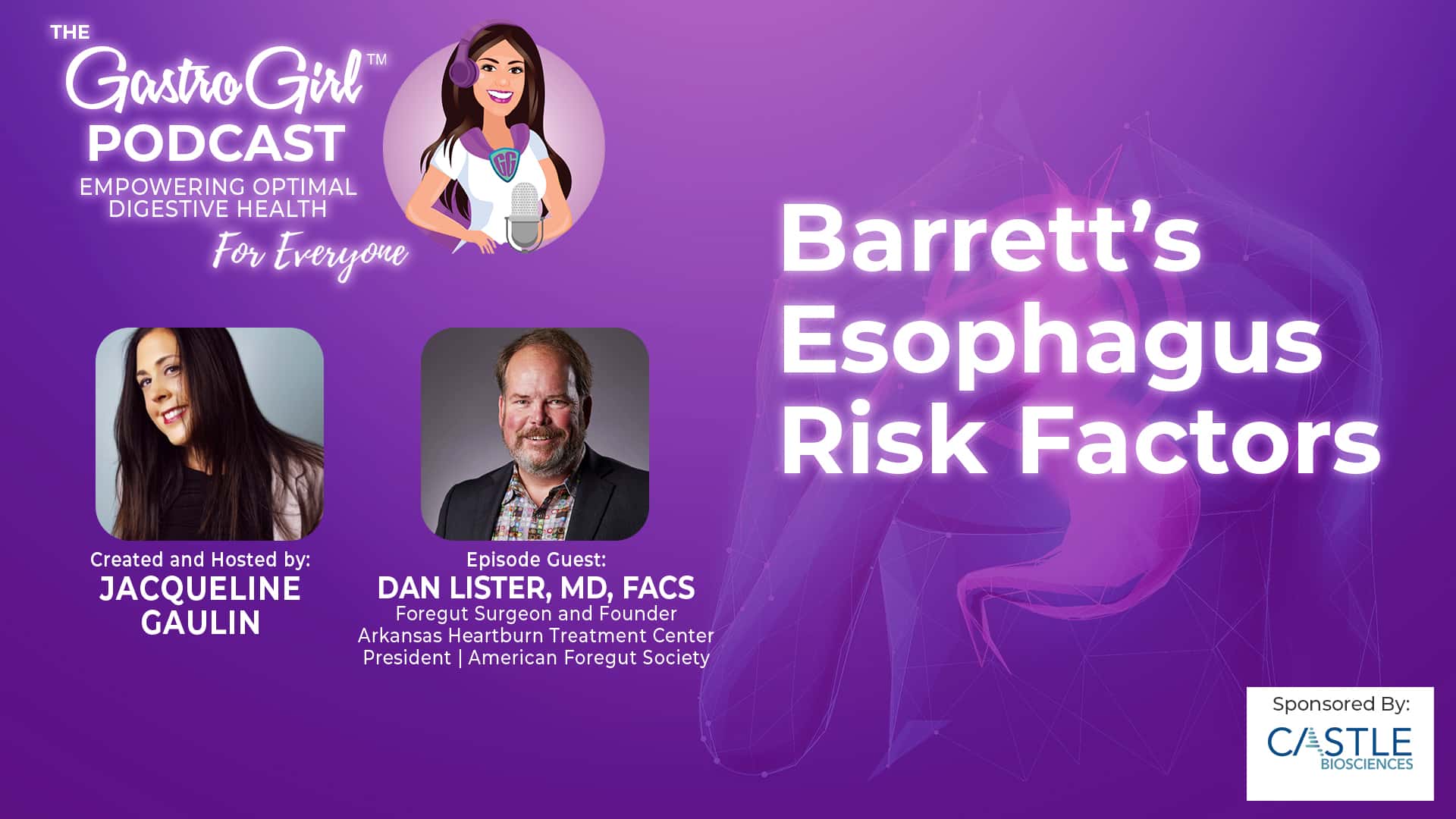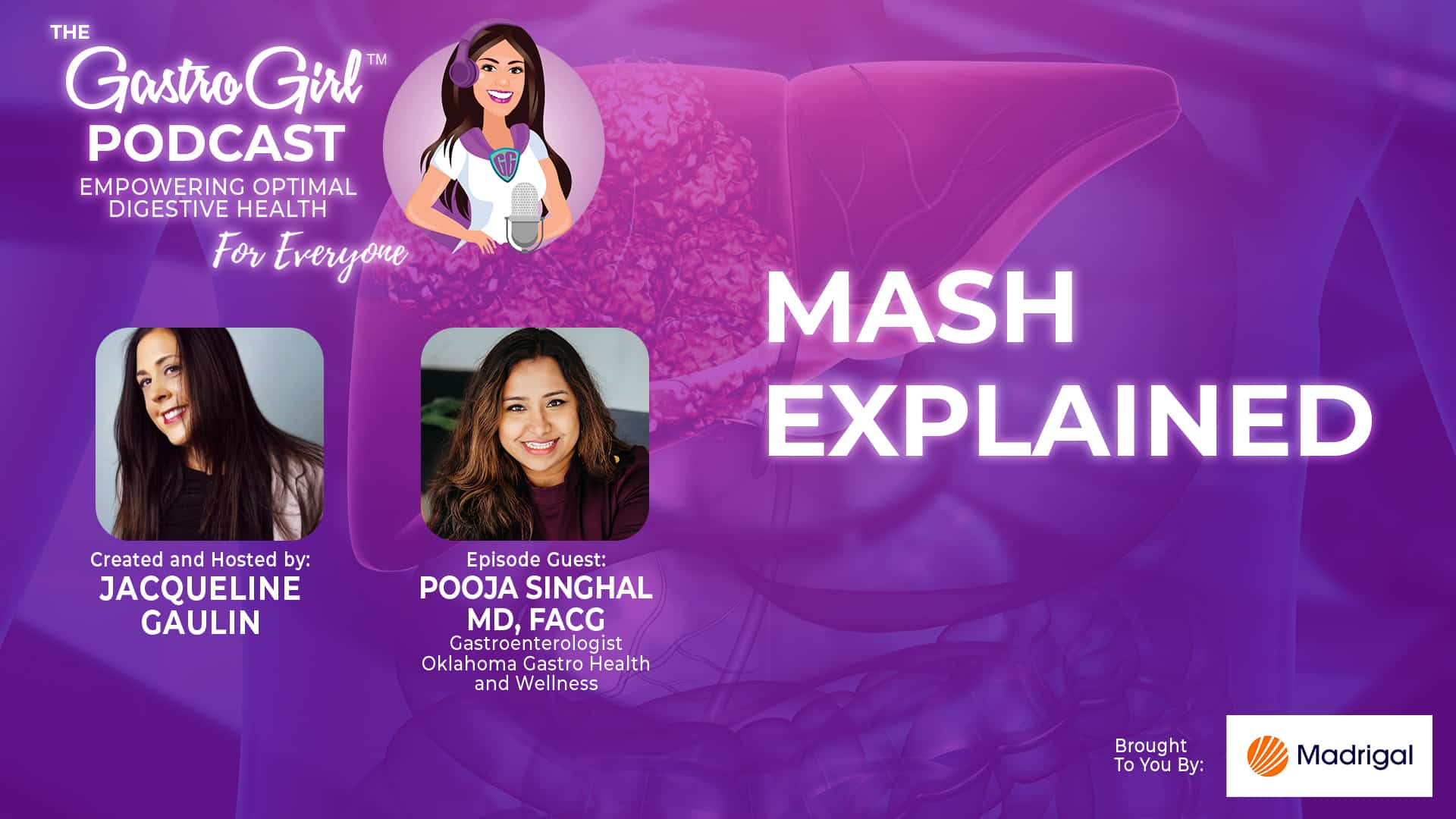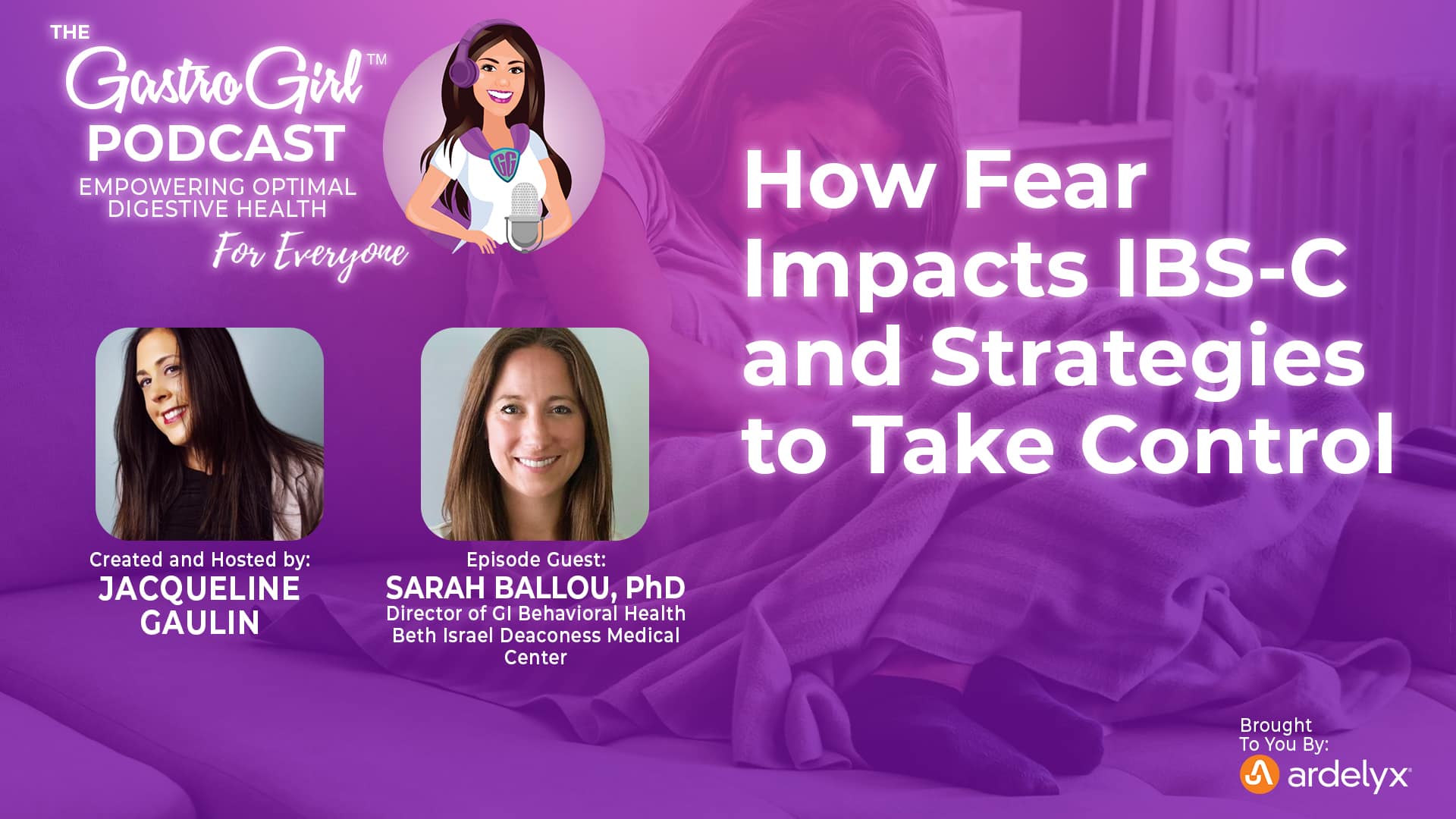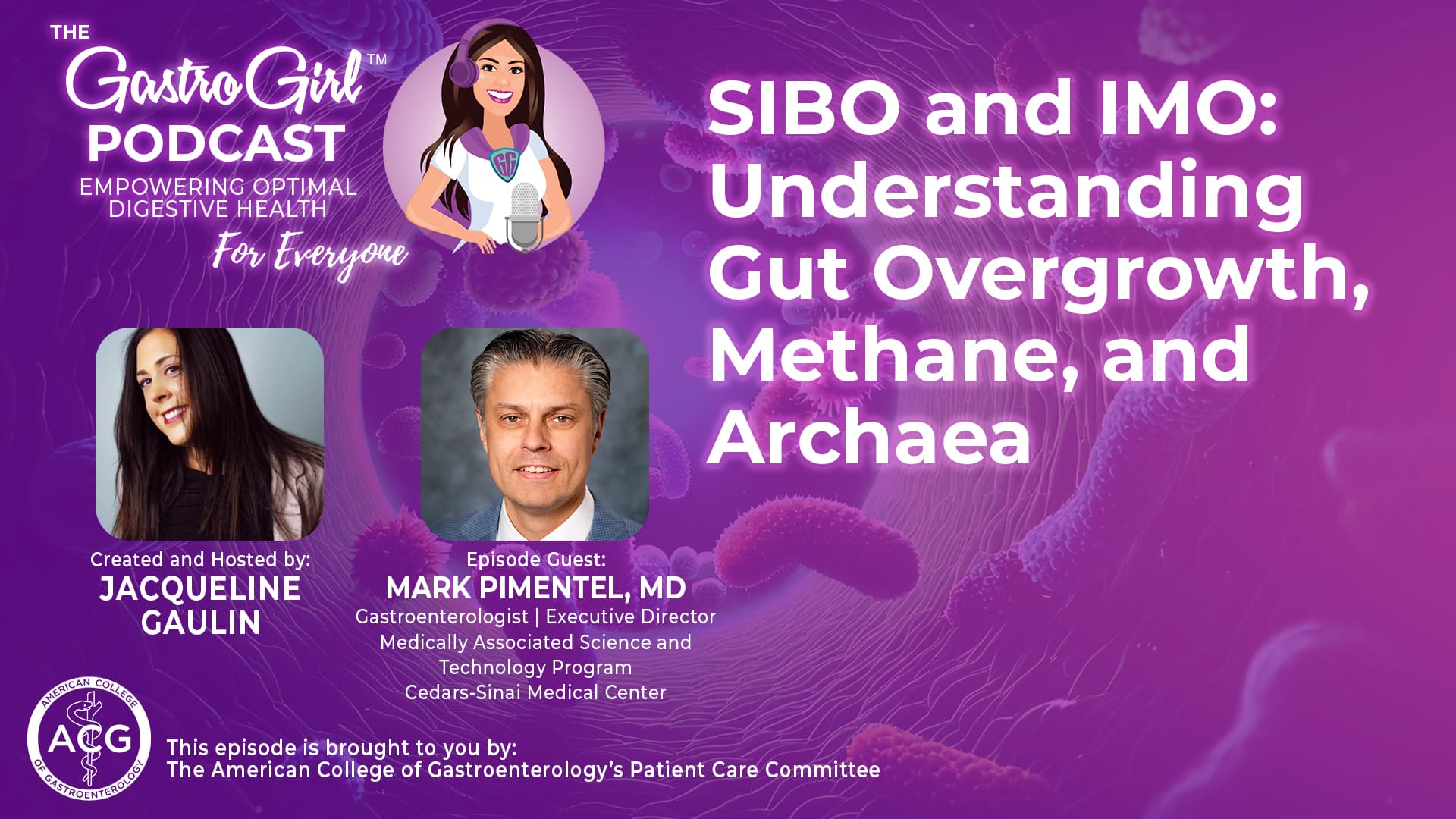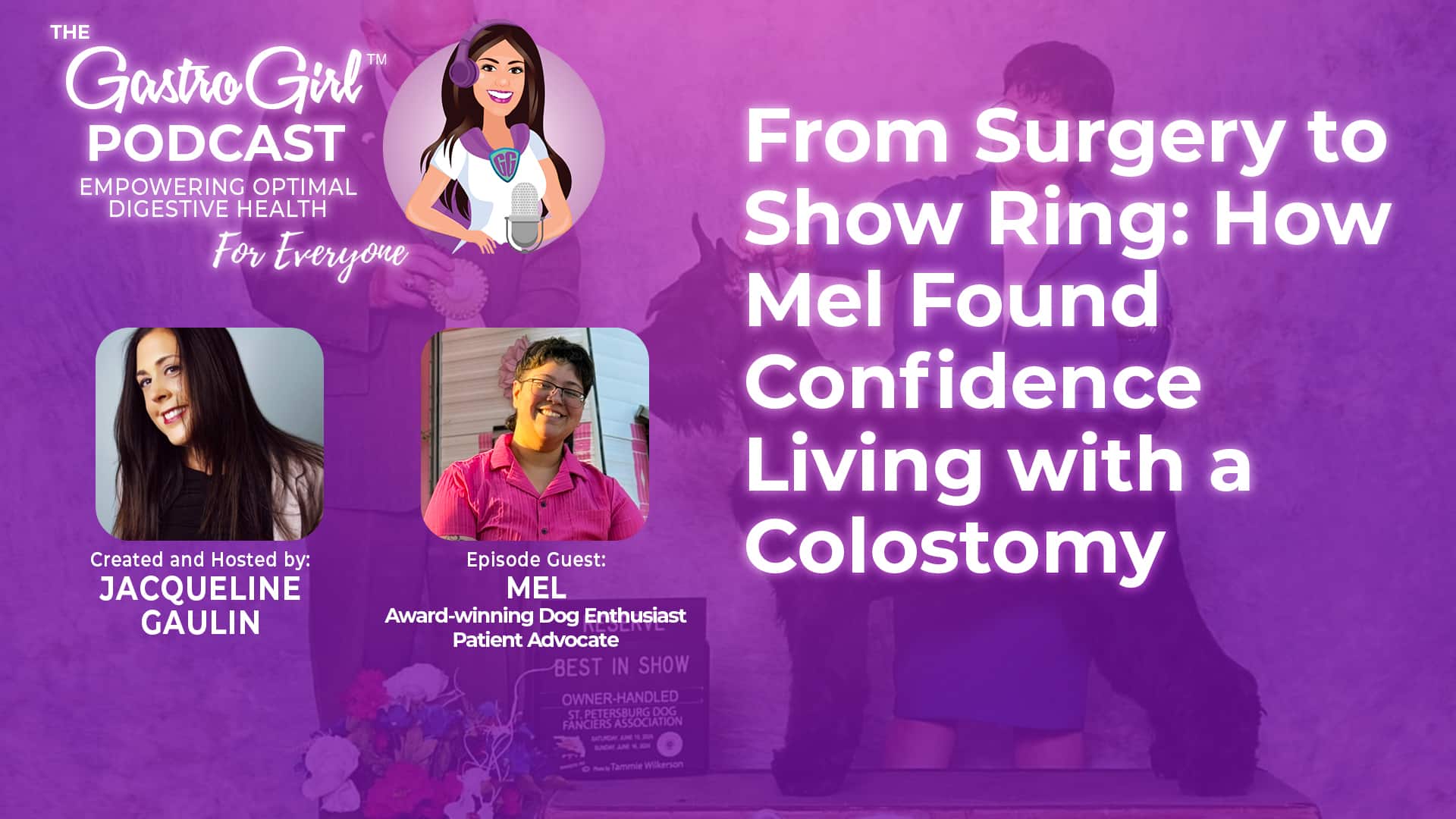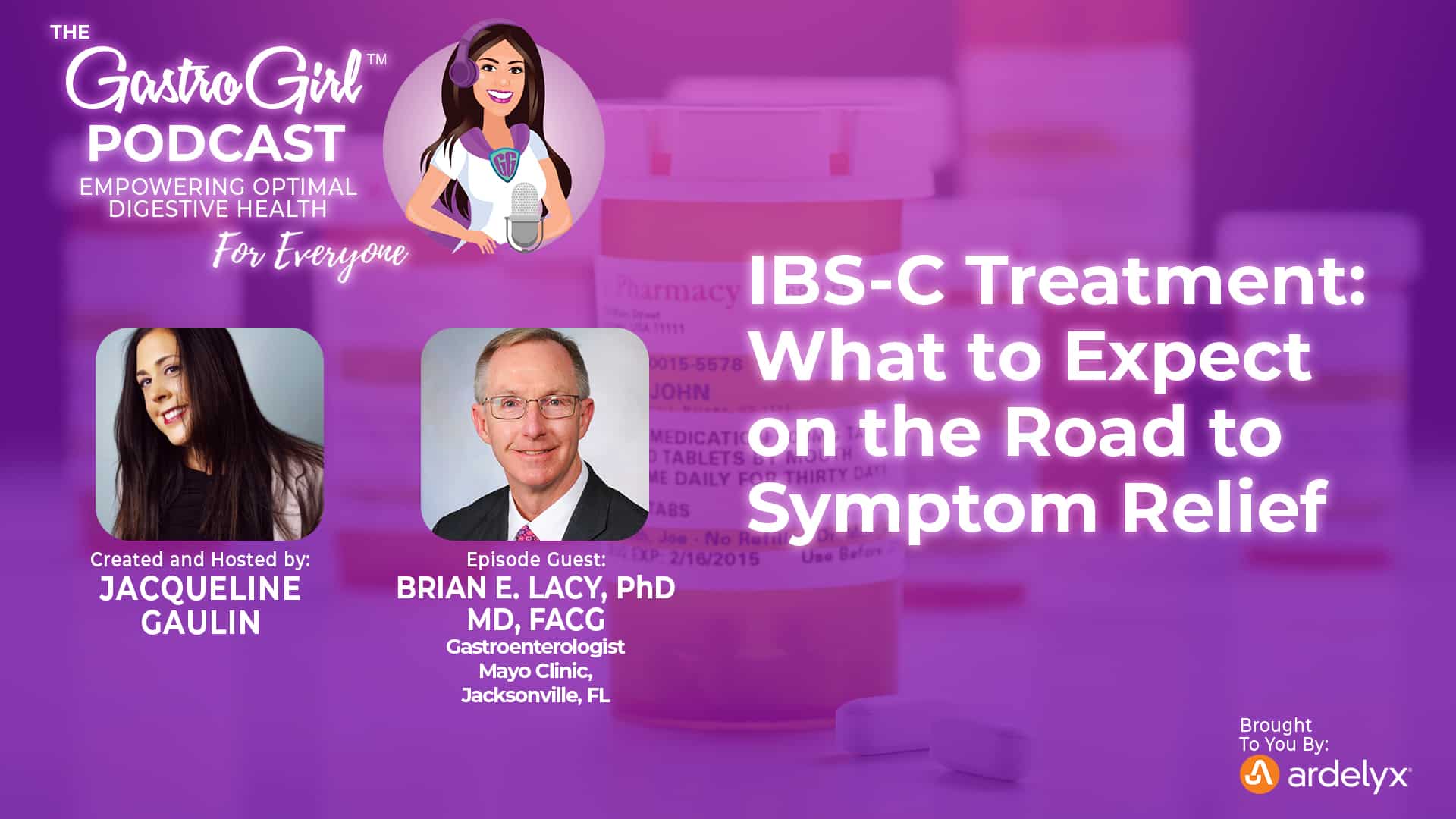Video Gallery
February 25, 2026
Auto-Brewery Syndrome: When Your Gut Produces Alcohol
Auto-brewery syndrome (ABS), sometimes called gut fermentation syndrome, is one of the most misunderstood conditions in digestive health. Patients can experience real symptoms of alcohol intoxication—even when they haven’t consumed alcohol—often leading to years of misdiagnosis, stigma, and confusion. In this episode, we explore groundbreaking research published in Nature Microbiology examining how specific gut microbes may produce ethanol inside the body and contribute to auto-brewery syndrome. Host Jacqueline Gaulin, founder of Gastro Girl, is joined by researcher and co-author Barbara Cordell to break down: – What auto-brewery syndrome is and how it affects patients – Why this condition has historically been difficult to diagnose – What new microbiome research reveals about microbial ethanol production – How this science may help validate patient experiences – What clinicians and patients should know moving forward This evidence-based, patient-focused conversation sheds light on a condition that has long been misunderstood—and offers hope for clearer recognition, research, and support.
February 13, 2026
Barrett’s Esophagus in the U.S.: How GERD Increases Cancer Risk
Chronic heartburn and GERD are often brushed off as everyday issues—but for some patients, long-term reflux can quietly progress to Barrett’s esophagus, the only known precursor to esophageal cancer. In Part 1 of this 4-part U.S.-focused patient education series, foregut surgeon Dr. Dan Lister, Founder of the Arkansas Heartburn Treatment Center, explains how reflux disease can evolve over time and why early recognition matters. In this episode, you’ll learn: – How chronic GERD can progress silently – Why Barrett’s esophagus matters—even when symptoms improve or disappear – Key warning signs patients should never ignore – How Barrett’s is detected and risk is assessed in the U.S. – Treatment approaches that may help reduce cancer risk Whether you’ve lived with reflux for years or are newly diagnosed, this episode provides clear, evidence-based guidance to help you take reflux seriously—and take action. This episode is part of a 4-part patient education series sponsored by Castle Biosciences and produced in collaboration with leading U.S. clinicians dedicated to improving outcomes for patients with Barrett’s esophagus.
January 14, 2026
MASH Explained: Symptoms, Diagnosis, Testing, and What Patients Need to Know
MASH—metabolic dysfunction–associated steatohepatitis (formerly known as NASH)—is a progressive form of fatty liver disease that often develops silently, without obvious symptoms. Many people don’t realize their liver is being damaged until the disease has already advanced. In this episode of the Gastro Girl Podcast, host Jacqueline Gaulin is joined by Dr. Pooja Singhal, a board-certified gastroenterologist, hepatologist, obesity medicine specialist, and founder of the Oklahoma Gastro Health and Wellness Center. Dr. Singhal explains: – The difference between MASLD and MASH – Why MASH is frequently missed or diagnosed late – Why testing—not symptoms—is the only reliable way to assess liver health – Who is at risk for developing MASH – How MASH is diagnosed and what liver testing involves – Why fibrosis (liver scarring) matters – Current treatment, prevention, and long-term management strategies – How early identification can help reduce the risk of cirrhosis and liver cancer This episode focuses specifically on MASH, the progressive form of fatty liver disease. MASLD is discussed only to help listeners understand how MASH develops and why timely testing matters. Designed to reduce confusion, raise awareness, and empower patients, this conversation equips listeners with the knowledge they need to have informed discussions with their healthcare providers. Thank you to Madrigal Pharmaceuticals for supporting this episode.
December 16, 2025
Understanding Fecal Incontinence in Adults: What Patients Need to Know
Fecal incontinence (FI) affects nearly 8% of adults worldwide, yet many people suffer in silence due to embarrassment, confusion, or the belief that nothing can be done. This episode aims to change that. We’re joined by Dr. John William Blackett, gastroenterologist and lead author of the recent article “Fecal Incontinence in Adults: New Therapies,” published in The American Journal of Gastroenterology. Dr. Blackett shares a compassionate, patient-centered perspective on FI—covering common causes, diagnostic testing, and the full spectrum of treatment options available today, including newer therapies. If you’ve experienced unexpected leakage, urgency, staining, or difficulty controlling bowel movements—or if you support someone who has—this episode offers clarity, hope, and practical guidance. Effective treatments exist, and help is available. This episode is produced in collaboration with the American College of Gastroenterology Patient Care Committee.
December 16, 2025
How Fear Impacts IBS-C and Strategies to Take Control
Living with IBS-C isn’t just about managing physical symptoms, it’s also about navigating the fear, worry, and emotional toll that often come with the condition. In this powerful episode, host Jacqueline Gaulin is joined by Dr. Sarah Ballou, clinical psychologist and Director of the GI Psychology Service at Beth Israel Deaconess Medical Center, to explore how fear shows up along the IBS-C journey and what you can do to face it with confidence and support. In this episode, you’ll learn: – The most common fears IBS-C patients experience and how they influence daily life and treatment decisions – Why fear can sometimes hold you back from finding relief – Practical tools to help you feel more in control, confident, and hopeful – How to talk openly with your provider about the fears that affect your care Whether you’re newly diagnosed or feeling stuck after years of symptoms, this episode offers real-world guidance, emotional validation, and a reminder that you’re not alone on this journey. This episode is sponsored by Ardelyx.
November 13, 2025
SIBO and IMO: Understanding Gut Overgrowth, Methane, and Archaea
In this follow-up to one of our most popular episodes, host Jacqueline Gaulin welcomes back Dr. Mark Pimentel, Executive Director of the Medically Associated Science and Technology (MAST) Program at Cedars-Sinai, to dive deeper into the science behind SIBO (Small Intestinal Bacterial Overgrowth) and IMO (Intestinal Methanogen Overgrowth). Dr. Pimentel answers listener questions and explains how these complex conditions relate to IBS-D and IBS-M, why methane and archaea matter for gut health, and how motility and the Migrating Motor Complex (MMC) play a crucial role in prevention and treatment. You’ll also learn about the latest insights and therapeutic approaches that can help patients find lasting relief. Produced in collaboration with the American College of Gastroenterology’s Patient Care Committee, this evidence-based discussion helps you better understand the “why” behind SIBO and IMO—and what steps you can take toward better gut health.
October 30, 2025
From Surgery to Show Ring: How Mel Found Confidence Living with a Colostomy
In this inspiring episode of the Gastro Girl Podcast, host Jacqueline Gaulin sits down with Mel, an award-winning dog enthusiast from Valrico, Florida, who has earned more than 40 American Kennel Club titles with her beloved Schnauzers. After life-changing surgery that left her with a permanent colostomy, Mel refused to let fear or stigma hold her back. She shares how she reclaimed her confidence, advocated for her own healthcare, and found strength through her passion for dogs. This episode offers hope and insight for anyone learning to live fully after surgery—and a reminder that resilience, love, and purpose can shine through even the toughest challenges.
October 22, 2025
IBS-C Treatment: What to Expect on the Road to Symptom Relief
Starting a new IBS-C treatment can bring a mix of hope and uncertainty. How soon will it work? What if side effects appear? Should you keep going or call your doctor? Host Jacqueline Gaulin sits down with Dr. Brian Lacy, gastroenterologist at Mayo Clinic in Jacksonville, FL, to answer the real questions patients ask when starting treatment. In this episode, we discuss: – What patients can realistically expect in the first days and weeks of treatment – What “feeling better” truly means for each individual – Common challenges and side effects patients may experience – How to stay encouraged and avoid stopping treatment too soon without consulting your doctor Relief takes time—and you’re not alone on this journey. This episode is made possible with support from Ardelyx.
Listen to our
latest Podcast!

